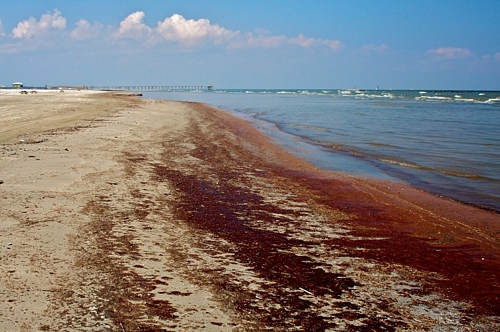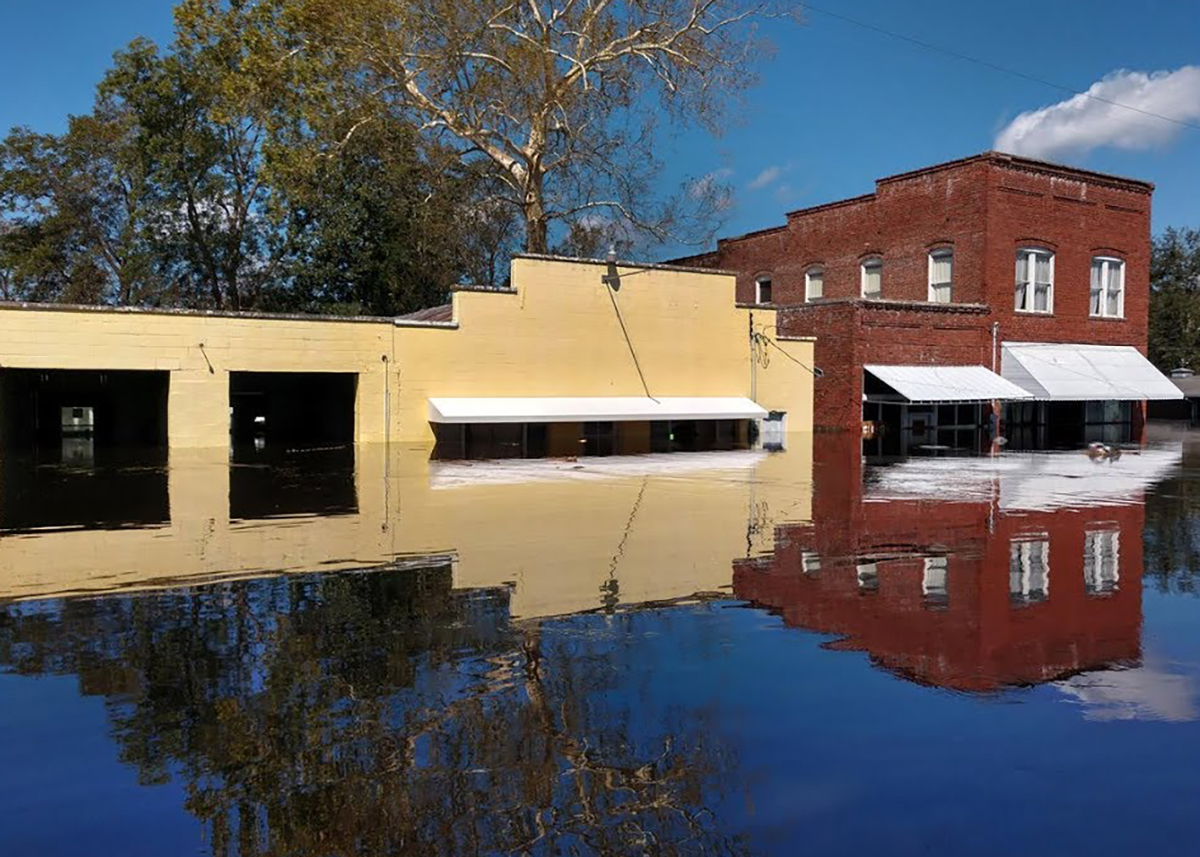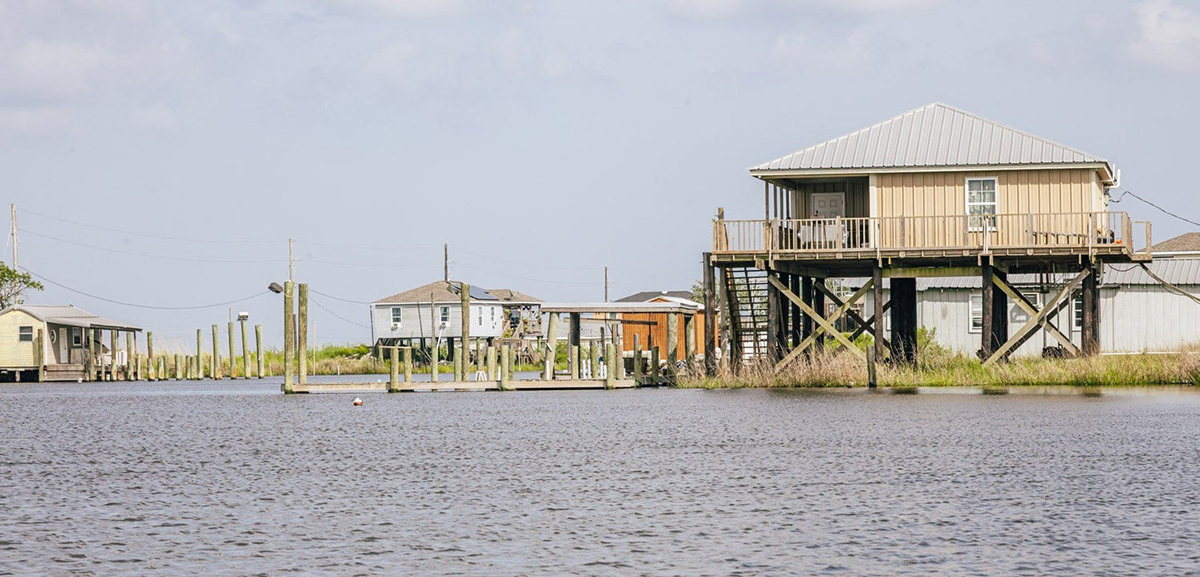Numerous federal and state laws govern the development of oil and natural gas off the N.C. coast. These are the major ones. For the entire list, see the report on offshore energy that was prepared for former Gov. Beverly Perdue.
Federal
Clean Air Act: The law regulates emissions from offshore energy facilities.
Supporter Spotlight
Clean Water Act: Offshore oil wells may be subject to several sections of this law, which is administered by the U.S. Environmental Protection Agency. A Section 404 permit is required for dredging and filling of waters and wetlands. A Section 401 water quality certification from the state with jurisdiction and a National Pollutant Discharge Elimination System permit may be needed for discharging process water and other pollutants into the ocean. The Spill Prevention Control and Countermeasure Regulations authorize the EPA to require regulated facilities to develop and implement oil-spill prevention, control and countermeasures to prevent oil spills from reaching navigable waters.
Endangered Species Act: This law prohibits the killing of listed species within the United States or in its territorial waters. It also requires federal agencies to consult with the U.S. Fish and Wildlife Service and National Marine Fisheries Service, where appropriate, to ensure that federal action is not “likely to jeopardize the continued existence” of a listed species.
National Environmental Policy Act: This law requires the federal government to evaluate environmental effects when issuing permits. A proposed federal action triggers an assessment to determine whether the project’s effects are significant enough to warrant a more in-depth review called an Environmental Impact Statement.
Magnuson-Stevens Fishery Conservation and Management Act: The law requires federal agencies to consult with the National Oceanic and Atmospheric Administration to avoid affecting areas necessary for spawning, breeding, feeding or growth to maturity of marine fish species. These “essential fish habitats” have been identified by the Mid-Atlantic Fishery Management Council.
Marine Mammal Protection Act: The law prohibits the killing or harassing of any marine mammal, such as whales and dolphins.
Supporter Spotlight
The Oil Pollution Act of 1990: The law establishes the Bureau of Ocean Energy Management, Regulation and Enforcement, formerly the Minerals Management Service, as the agency responsible for oil-spill planning, preparedness and response. The act requires oil-spill response plans, oil-spill risk analysis and establishes liability for spills.
The Outer Continental Shelf Lands Act and the Energy Policy Act of 2005: This is the latest version of the original laws passed in 1953. It’s the primary federal statute permitting drilling and leasing activity beyond the states’ three-mile territorial limit. The law grants the U.S. secretary of the Interior authority over offshore energy and mineral leasing activities, authorizes regulations and procedures for offshore leasing and for environmental analysis, requires that the U.S. government receives fair market value for oil and gas production and governs rents and royalties from leasing activities.
State
N.C. Coastal Area Management Act: Any federal or state activity affecting North Carolina’s coast must be consistent with the state’s coastal management program. No federal permit can be issued for an activity that the state’s Division of Coastal Management deems to be inconsistent without approval from the U.S. secretary of the Interior or the U.S. courts.

N.C. Oil Pollution and Hazardous Substances Pollution Control Act: This is the state analogue to the federal Clean Water Act and imposes liability for spills of petroleum products. It requires reporting spills to N.C. Department of Environment and Natural Resources, corrective actions, restitution to the state and local governments for cleanup, liability for damages and civil penalties for intentional or negligent discharges.
N.C. State Environmental Policy Act: Meant to compliment the federal National Environmental Policy Act, the law requires environmental reviews of state projects or actions, such as issuing a permit, or projects that require public money or land to undergo a review if they could substantially threaten the environment. The N.C. General Assembly is considering a bill that would weaken the law.
N.C. Submerged Lands Act: The N.C. Department of Administration is vested with responsibility for the management, control and disposition of all state-owned submerged lands. They can’t be sold, but the state can grant easements to cooperate with the federal government, use natural resources or any other use that is in the public’s interest.







